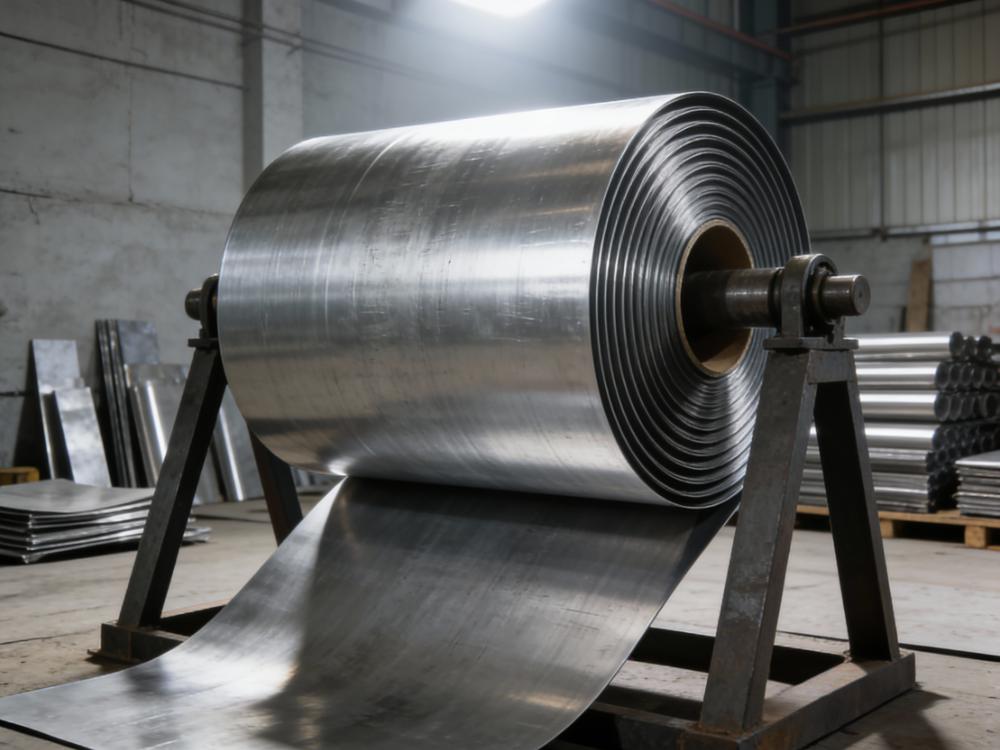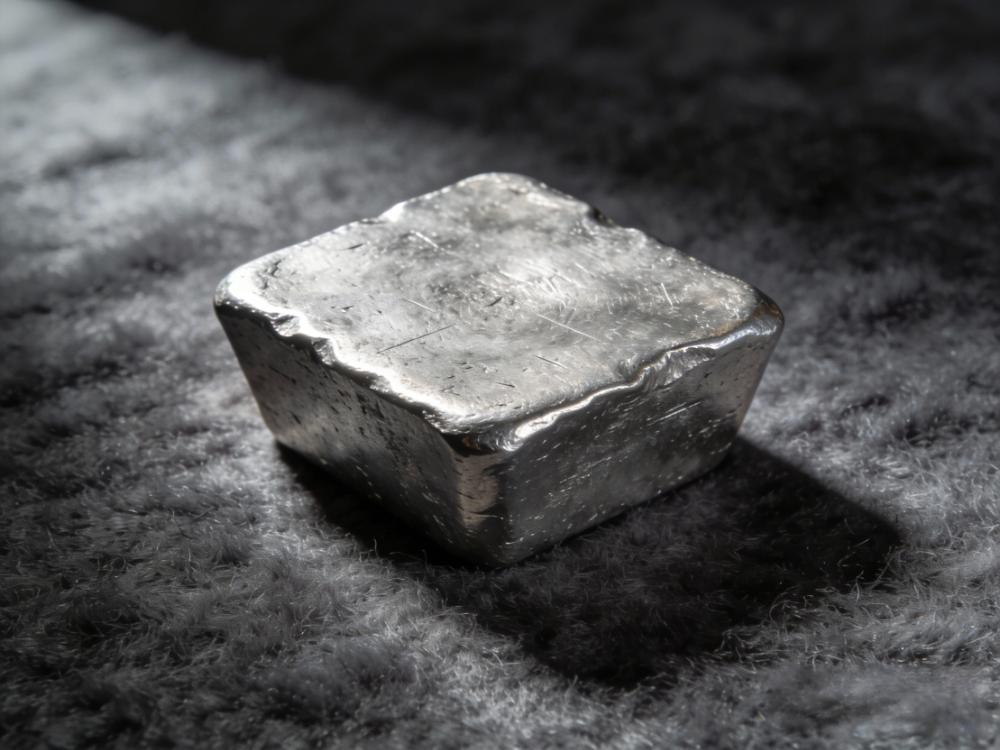The topic of hydrogen energy application in fuel cells, especially in the field of heavy trucks, has been mentioned again. Vice Minister of Science and Technology Xiang Libin said at the 2021 World New Energy vehicle Congress that the Ministry of Science and Technology will take the development of power batteries as the main direction of scientific and technological support. Among them, fuel cells in the field of heavy trucks are included.
"our fuel cell products are under development." On September 15, Dong Chenrui, president of Volvo trucks China, told reporters that as a global commercial vehicle company, Volvo trucks have launched a full range of pure electric trucks in many markets around the world. "We are also very concerned about the use of fuel cell technology in the field of heavy transportation."
According to Li Jianqiu, dean of the School of vehicles and Transportation at Tsinghua University, fuel cells are the best solution for commercial vehicles in long-distance transportation, and both Europe and the United States believe that hydrogen fuel will have a lot of room for development in the future. "mileage under long-distance driving represents economic benefits, and compared with pure electric vehicles, we think hydrogen fuel cells are very suitable." Li Jianqiu said.
Gan Yong, academician of the Chinese Academy of Engineering, predicts that by 2050, more than 50% of heavy trucks will be powered by hydrogen fuel cells.
Fuel cells will grow steeply in 2025
With the emission reduction targets set by major economies such as China and Europe, and the growth of discussions related to hydrogen fuel infrastructure, many auto giants in the world have also joined the tide of hydrogen-fueled vehicles.
On September 14, according to foreign media reports, Kia will launch the third generation hydrogen fuel cell system in 2023, offering 100kW and 200kW specifications, and will become the first automaker in the world to carry hydrogen fuel cell systems in all its commercial models in 2028. It is reported that its hydrogen fuel cell vehicle will first be put into the military market, while the first hydrogen fuel civilian vehicle will be built by Kia Stinger based on the front and rear drive layout. At the same time, Kia's hydrogen fuel cell system will also be expanded and deployed to mobile travel and other areas, such as urban air travel (UAM), large ships and so on.
"the hydrogen-powered vehicles launched by Kia from 2028 will be mainly multi-purpose vehicles." Song Haocheng, CEO of Kia, said at the hydrogen Power Show held by KINTEX in South Korea that Kia will first focus on the hydrogen car market and the hydrogen military market, and then strengthen the passenger car lineup in turn from 2028.
Just a week earlier, Hyundai Motor Group hydrogen Day "Hydrogen Wave" was released online around the world, proposing a plan to popularize hydrogen energy in transportation and various fields by 2040, and to reduce the price of fuel cell vehicles to the level of pure electric vehicles two years later.
"although diesel trucks will dominate sales in the next three to four years, hydrogen will become fuel between 2027 and 2030 and then 'rise sharply'." Martin Dom, chairman of Daimler trucks, believes that Martin Lundstedt, chief executive of its partner Volvo Group, said there would be "steeper growth" by the end of 2025 after fuel cell production began in 2025.
In March, Volvo and Daimler trucks announced the completion of a fuel cell joint venture last year, and the two sides agreed to rename the company cellcentric GmbH & Co. KG. It is reported that the Volvo Group has acquired a 50% stake in the existing Daimler truck fuel cell company for about 600 million euros, and the new joint venture will focus on the research and development, production and commercial fuel cell systems of heavy trucks and other applications. A key goal for the two companies is to conduct customer testing of fuel cell trucks in about three years and achieve mass production around 2025.
Prior to this, Volvo Group has proposed to transfer 35% of its products to electric platforms by 2030 and plans to provide customers with 100% fossil fuel-free product options by 2040.
The Chinese market will be a key link.
"although it keeps pace with Japan in the research and development of fuel cell core technology, Europe and the United States have indeed lagged behind in the decision-making of large-scale mass production." According to industry analysts, the joint entry of Daimler and Volvo not only means that Europe has made up for the biggest deficiency in the hydrogen energy and fuel cell industry chain, but perhaps the pattern of the first echelon of fuel cell heavy trucks will also be rewritten.
As the world's largest hydrogen producer, Chinese car companies are also strengthening their layout. At present, in the field of commercial vehicles, there are not only main engine plants such as BAIC Foton, Yutong, Dongfeng and Weichai, but also core component suppliers such as Yihuatong, and passenger car-based enterprises of Great Wall, SAIC and Chang'an. It is also deeply involved in the research and development of fuel cells.
"by around 2025, the cost of fuel cells will be reduced to the current level of 1ax 3-1max 4, and the durability will be better." Li Jianqiu analyzed that it is believed that in another five years, the fuel cell will have a durability of 20,000 hours. by that time, the fuel cell will basically be able to achieve the same life as the whole vehicle, "with the continuous improvement of infrastructure construction. At that time, fuel cell vehicles will usher in a faster growth."
Since fuel cell vehicles were sold in 2015, as the world's largest commercial vehicle market, the number of fuel cell vehicles in China has increased from the initial 10 to 7729 in 2020. The number of fuel cell commercial vehicles in China is expected to reach 1.2 million in 2035, with nearly 10,000 hydrogenation stations; medium and heavy fuel cell commercial vehicles are planned to account for nearly 65 per cent of medium and heavy commercial vehicles in 2060.
It is worth noting that in order to promote fuel cell vehicles, in addition to the intensive introduction of central and local support policies, the state is using some demonstration projects to expand this market. On September 1st, the Ministry of Finance, the Ministry of Industry and Information Technology, the Ministry of Science and Technology, the National Development and Reform Commission, and the National Energy Administration issued a notice on starting the demonstration and application of fuel cell vehicles. It is clear that the three urban agglomerations of Beijing, Shanghai and Guangdong have become the first batch of key areas selected as hydrogen fuel cell vehicle demonstration urban agglomeration, with a demonstration period of four years.
"fuel cells have a lot of potential in the field of trucks in China." Elaine Wu, head of ESG and utility research at J.P.Morgan Chase & Co,NYSE:JPM Asia ex-Japan, predicts that hydrogen fuel cell vehicles will become a major player in China's commercial truck market and that hydrogen energy may play a role in heavy industry in the future. The market share of fuel cell vehicles in China's commercial trucks is expected to grow to about 1x3 by 2050. "as China commits to achieving the goal of carbon neutralization by 2060, hydrogen may play a role in heavy industry as a clean energy."
According to the global authoritative analyst Frost & Sullivan (Frost Sullivan), the global fuel cell truck market sales will reach 142858 by 2030. Among them, China accounts for 63.9% of the total global sales.




